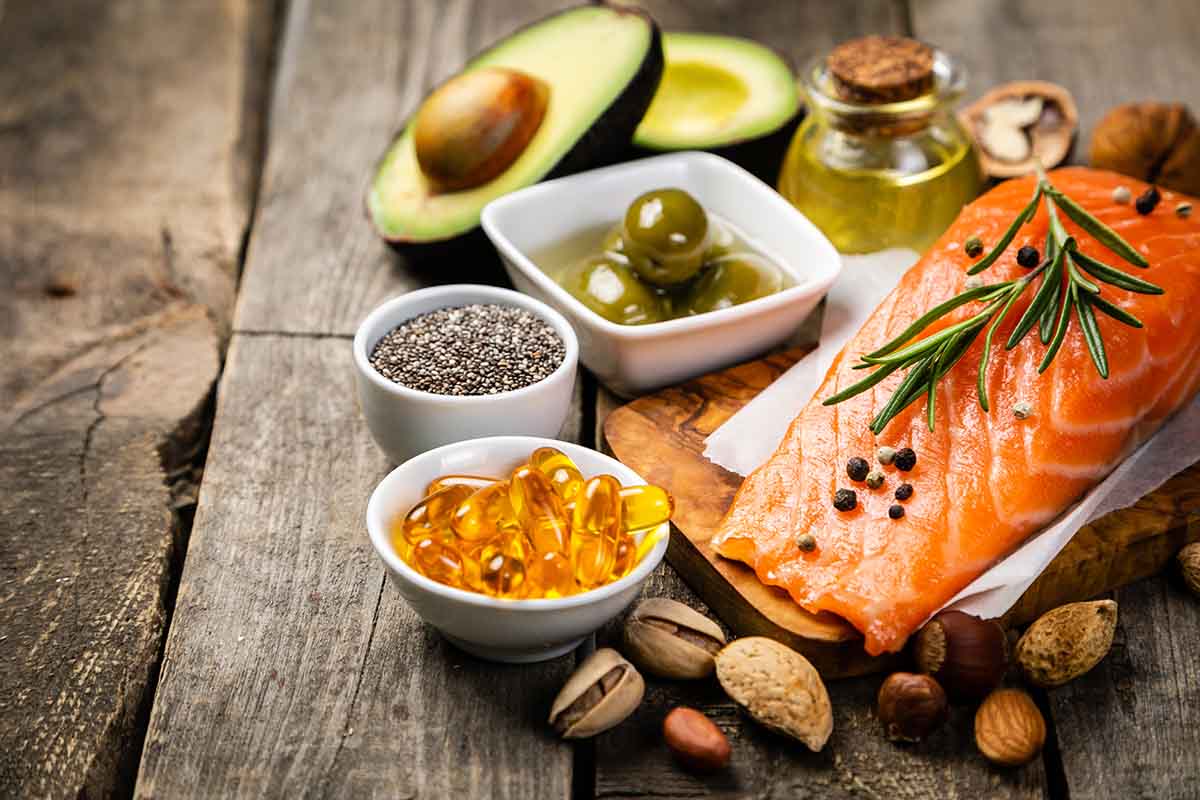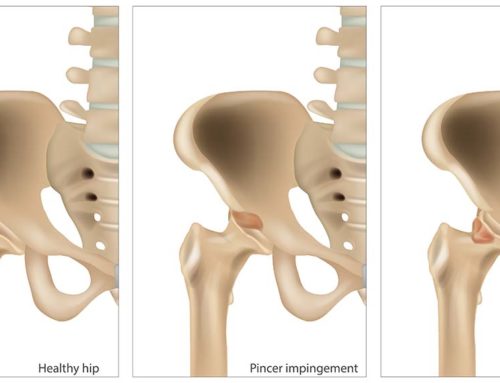Evidence-Based Ideas for Concussion Recovery
With any condition that comes to Burlington Sports Therapy, we always recommend things to do at home to assist in recovery. The following are some evidence-based nutritional ideas that can have a positive impact on concussion recovery. Please keep in mind this list is not exhaustive. This is not individual advice for any person who has experienced a concussion. Head injuries can be very serious and require an examination and management strategy that is carefully planned out by an appropriate health professional.
Before proceeding, it might be helpful to clarify a few technical terms that relate to our cells, our neurons and our brain health.
Brain derived neurotrophic factor (BDNF) is a protein that acts on certain neurons of the nervous system. We all know that protein is an important part of our diet for the growth and maintenance of muscles and various tissues. Think of BDNF as one of the most important proteins for our brain and nervous system.
Oxidative stress is a term that refers to when you have low anti-oxidants and an abundance of reactive oxygen species or “free radicals.” When your defences are low (low in anti-oxidants) you can experience oxidative stress. From a brain perspective, this can lead to things like memory loss, “brain fog,” headache and sensitivity to noise.
A free radical is an oxygen-containing molecule that has an uneven number of electrons. This makes it very reactive with other molecules, which is referred to as an oxidation reaction. These reactions can be harmful or helpful to our health. For the sake of simplicity, it could be said that an abundance of free radicals in our system is not helpful to our health.
(BDNF is good, oxidative stress and free radicals are bad).

Nutritional Ideas That Can Have a Positive Impact on Concussion Recovery
Fish derived Omega-3 fatty acids – Most of us have heard that omega-3 fatty acids are a healthy supplement to our diet for various reasons. In terms of brain health, there is evidence to suggest that they assist in proper cognition, neuroplasticity and the recovery of injured neurons. They can also assist in reducing oxidative stress damage. Docosahexaenoic acid (DHA) is a substance that is found in fish derived omega-3 fatty acids that assists proper functioning in the membranes of our neurons, particularly at the neural synapse. Perhaps what is most notable about DHA’s is that we cannot make our own. To see the benefit of DHA’s, we must include them in our diet (or supplementation).
Vitamin E – Vitamin E is found in certain oils, nuts and spinach. It serves as an antioxidant which helps to reduce free radicals. Vitamin E has been shown in studies to also have a positive impact on memory performance in older people.
Curcumin – Similar to omega-3’s, there is plenty of discussion recently over the various health benefits of curcumin, particularly its effect on reducing inflammation. In terms of brain health, it has been shown through research to help preserve cognition. In patients with Alzheimers, it has also been shown to reduce oxidative stress.
Caffeine – As an avid coffee drinker, I’m always happy to hear about the benefits of caffeine. According to some studies, chronic caffeine consumption protects against injury in patients with Parkinson’s and those who have had a stroke. Keep in mind these studies weren’t done on humans, and it does not mean you should consume a large amount of caffeine in a short timeframe after a head injury.
Calories – Score one for those who do intermittent fasting; caloric restriction has been shown to increase brain derived neurotrophic factor (BDNF), which improves neural function. On the topic of calories, unfortunately, junk food isn’t a good idea. Foods that are high in saturated fats (like fast food) have been shown to decrease your BDNF. In animal studies, rats have been shown to display poorer brain function when fed junk food.
Exercise and Concussion Recovery
Exercise has been shown to increase BDNF, in some instances, threefold. This helps to reduce oxidative stress and generally improve the function of our neurons and their synapses. This helps the brain and nervous system be a little more resilient to injury. Keep in mind that timing is very important here, and this requires guidance from a professional if you have experienced a concussion. Gone are the days that we tell concussion patients to lie in a dark room for weeks at a time.
Although there may be a brief early period of rest, and exercising too early might not be helpful, the literature generally supports the idea of exercise after concussion. There are guidelines for this and parameters that must be adhered to. The point is that exercise has plenty of evidence supporting it for various areas of our health, and brain injury is also one of those areas.
Summary
Good nutrition and the right amount of activity can have a positive impact on concussion recovery and neural health. Omega 3’s, vitamin E, curcumin, caffeine, caloric restriction, and exercise are all things that can have an impact on recovery. We recommend that you speak with a qualified health professional who can assist with your concussion recovery and discuss with you the nutritional and exercise components of your rehabilitation.
References
Bruce-Keller AJ et al. Food restriction reduces brain damage and improved behavioural outcome following excitotoxic and metabolic insults. Ann Neurol. 1999; 45(1):8-15.
Gomez-Pinilla F, Kostenkova K. The influence of diet and physical activity on brain repair and neurosurgical outcome.
Surg Neurol. 2008 October; 70(4):333-336.
Molteni R, Barnard JR et al. A high fat, refined sugar diet reduces hippocampal drain derived neurotrophic factor, neuronal plasticity ad learning, Neurosci. 2002; 112(4):803-14.
Perkins AJ, Hendrie HC et al. Association of antioxidants with memory in a multiethnic elderly sample using the Third National Health and Nutrition Examination Survey. Am J Epidemiol. 1999; 150(1); 37-44.








